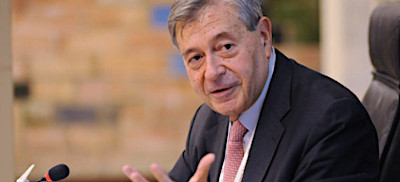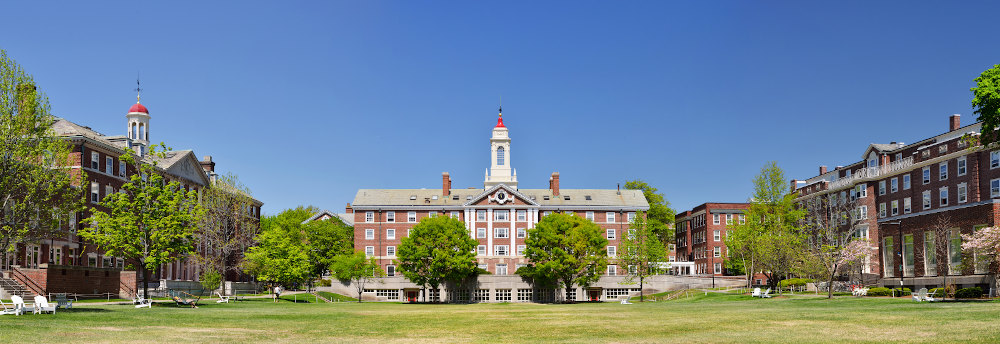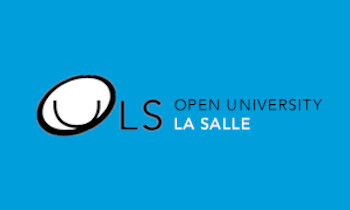Pedro Nueno participates in the meeting of former students of the prestigious American business school
Pedro Nueno, head of the Chair Bertrán Foundation of Business Initiative of the IESE Business School, president of the China-Europe International Business School and full academician of the Royal European Academy of Doctors-Barcelona 1914 (RAED), participated between September 19 and 21 at an emotional meeting of alumni of the doctoral program of the Harvard University business school. An appointment in which alumni of the 60s of the last century participated and that at 80 and even 90 years old proved to be in full physical and, above all, mental form.
“The Harvard doctoral program has always been very difficult. In my time they admitted only about 15 students a year and half, more or less, didn’t finish it. Normally the doctorate required about four years of hard work, with classes, working for some teacher, producing articles, cases, but above all a good thesis -recalls Nueno on his return to Barcelona-. In my class there was an Israeli, Eli Segev, in circumstances very similar to mine: we were both married, we had a one year old son and we lived on a scholarship that we had obtained. We became very friendly, we helped each other but, above all, we decided to compete to see who was able to finish the doctorate before. I think we beat the record by completing it in just three years. He went to Tel Aviv University and I to IESE ”

Dr. Pedro Nueno
During the three days of the meeting, the participants reflected with the support of a professor at the Harvard business school about current aspects in the world of economics and finance, such as the influence of digitalization on training and the impact of the growth of the world economy with the development of China, India and Latin America, huge markets for which the Harvard brand is well known and highly valued. “What is clear in Harvard is that online training has come to stay and get a portion of the training. There will be things that will be learned online in a participatory manner between teacher and students and only among students. But the class will not disappear. The debate that takes place in a class, the tension that this creates and, in addition, what happens between class and class or at lunch or dinner, or on weekends, moments when a friendship is created forever, it’s very difficult to be able to do it online”, reflects Nueno after the meeting.
“This meeting is held every five years, although at the closing dinner, on the last day, we all agree on the need to meet every year, as we do many to those who join us issues of common interest. It’s evident that we all have many things in common and our perspectives on the actuality of our political, economic and social environment are very similar”, concludes the scholar.





